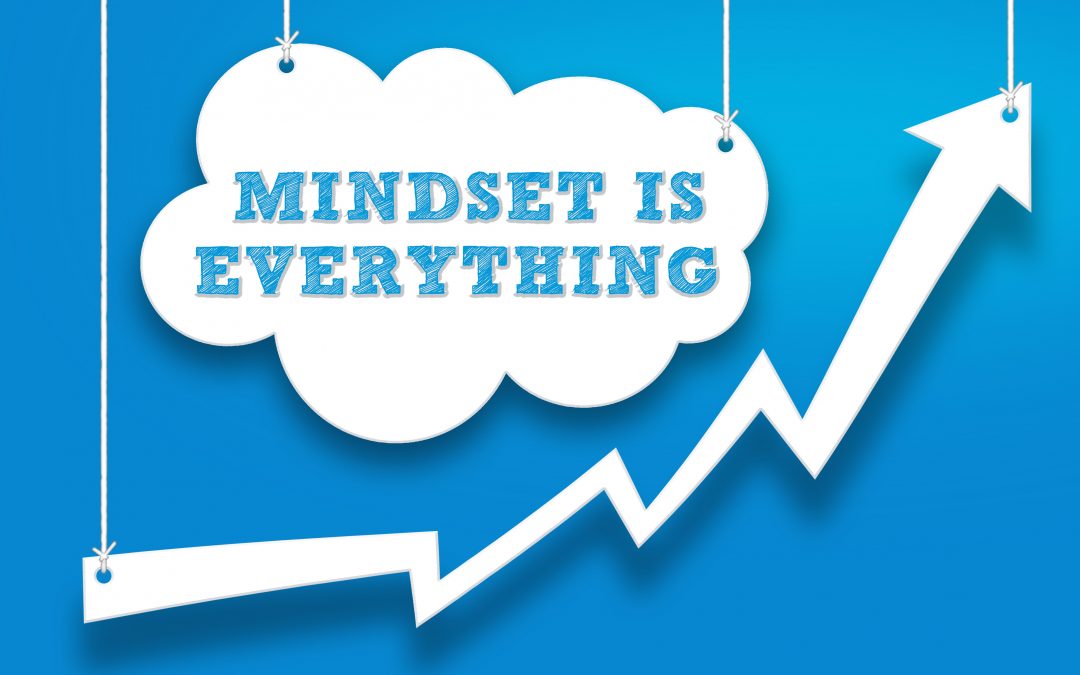I am not good at math.
The professor doesn’t like me.
This is hard and I don’t want to try any more.
I will never get better at writing.
I don’t like the course and have no use for it in what I want to do with my life.
It is not unusual to hear students say this as they face frustrations during the semester. They are statements that reflect what Carol Dweck refers to as “fixed mindset,” or the belief that talent and intelligence are inborn and there is nothing that one can do to improve. Another way to look at it from a fixed mindset is to say, “I either have what it takes to succeed or I don’t.” This mindset is the opposite of what she has called “growth mindset,” or the belief that everyone can improve a skill with hard work and focus. Adopting a growth mindset, Dweck’s research has suggested, can mean the difference between succeeding and not accomplishing goals.
Students who say they are “bad at math,” for example, have a fixed mindset about learning math, which could have a negative impact on their grades or worse…they may not complete a degree that they desire because they believe they cannot succeed.
The challenge for students who make statements such as the ones above is to learn how to adopt a growth mindset belief, especially when they are struggling to learn something or to develop a skill. Students who say they are “bad at math” may need to revise that statement to “With practice, I can learn how to become better at math” or “By practicing problem sets and learning from my mistakes, I can learn how to answer questions correctly.”
Helping students learn how to use positive self-talk and growth mindset statements can change their viewpoints and their behaviors. The student who decided not to complete math homework problems because he doesn’t think it is worth his time would see the homework as an opportunity to practice a skill…and get better.
How can you help your student adopt a growth mindset? One way to help is to recognize when you hear statements such as the ones above and coach them to rephrase them.
I am not good at math. This statement can become “With practice and feedback on my progress, I can develop better math skills.”
The professor doesn’t like me This statement can be revised to “The professor is there to help me learn the content. Whether she likes me or not will not get in the way of my learning.”
This is hard and I don’t want to try any more. This statement can be changed to “Sometimes tasks are hard, but I can get better by trying to figure it out. Each time I do, I learn more.”
I will never get better at writing. This statement can become “I can get better at writing through continued practice.”
I don’t like the course and have no use for it in what I want to do with my life. This statement can be revised to “What I am learning in this course allows me to develop skills that will help me in other courses and in my life.”
Your student does not have to initially embrace these revised statements as authentic to them, but with practice and gentle reminders of the process of learning, they will eventually find themselves with a growth mindset in most, if not all, situations. A student who has growth mindset about learning is more eager to learn, more likely to invest the time it takes to practice, and is more likely to reap the results of their labor: Success in their classes and in their lives.

